April 30, 2025, marked the 50th anniversary of the Fall of Saigon and the end of the Vietnam War. It was also 50 years since my arrival in the United States as a 5 1/2-month-old baby. I was among 3,000 other abandoned babies and children who were loaded into cardboard boxes and Pan Am soft-sided food coolers onto cargo planes and evacuated out of Saigon.
President Gerald Ford ordered Operation Babylift, an emergency evacuation in which military and medical personnel, Red Cross volunteers, and any American wanting to return safely to the US were put in charge of caring for thousands of children. Cargo planes were loaded with supplies—diapers, bottles, formula, and blankets—for the 24-hour trip across the Pacific Ocean.
On April 24th, I attended the 50th Anniversary of Operation Babylift in Garden City, New York, at the Cradle of Aviation Museum hosted by the Pan Am Museum Foundation. There were 300 guests, including 70 Babylift adoptees. ABC News was in attendance to cover the event and interview adoptees who shared their stories. During the cocktail hour and reception dinner, guests mingled and chatted with other adoptees, retired servicemen, doctors, nurses, pilots, flight attendants, nuns, and missionaries, who played an integral role in bringing babies and children to their anxiously awaiting parents in the United States.
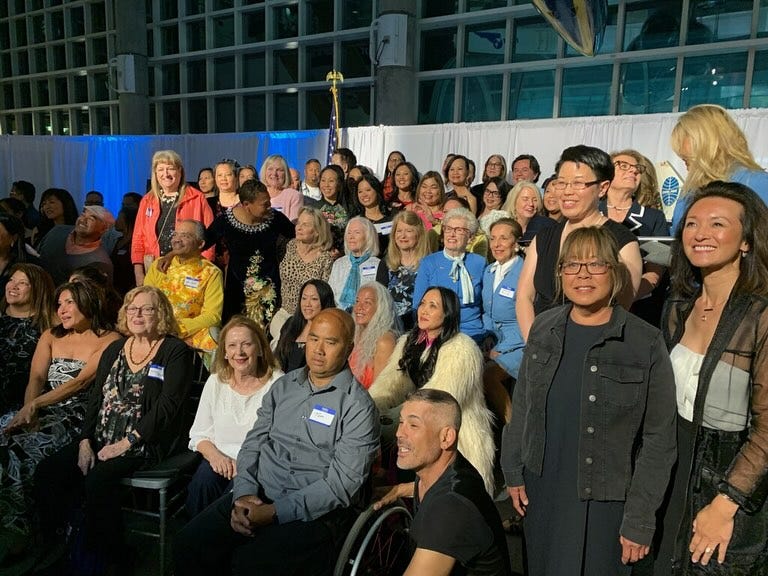
The guest speakers included American journalist, Peter Greenberg; Al Topping, the former Pan Am Director for South Vietnam and Cambodia; Congressman Mark Takano, Congressman Derek Tran, Joel Westphal and Mark Halsema of the Gerald R. Ford Presidential Library; Linda Freire, Pam Am Museum Foundation Board Chair; and a panel of adoptees.
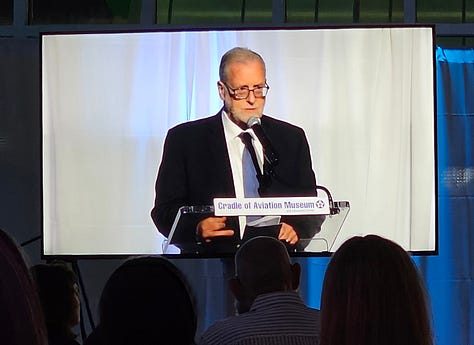
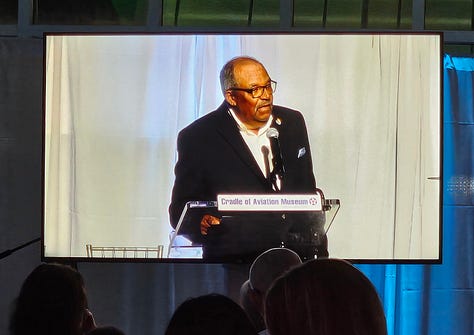
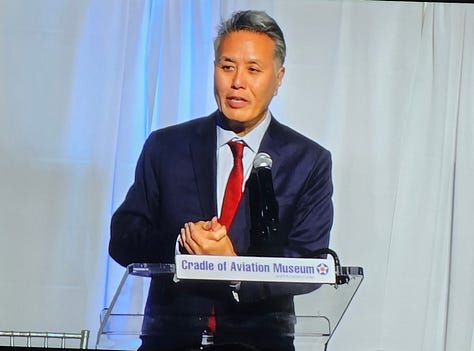
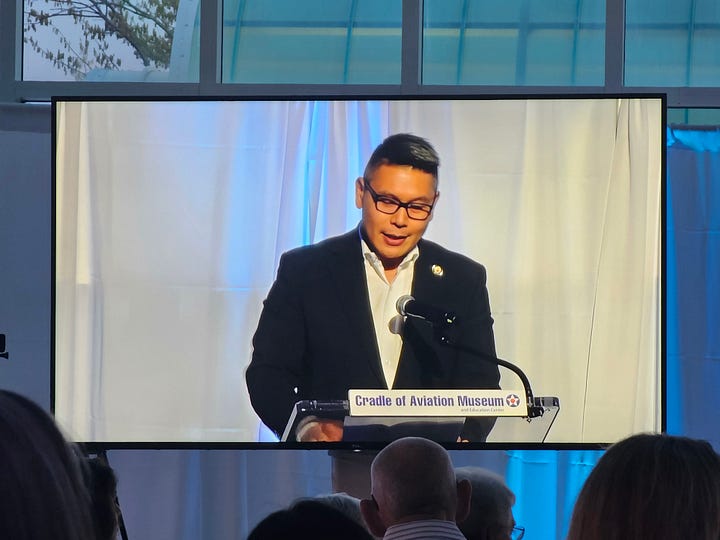
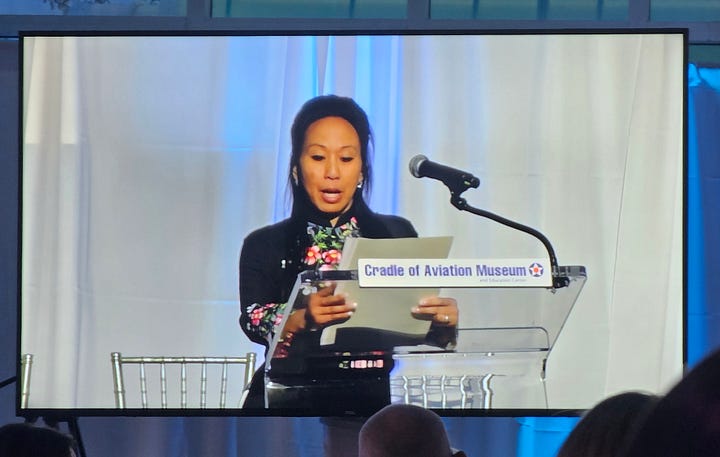
The evening included a look back at the tumultuous time in US and Vietnamese history as panicked Americans and Vietnamese scrambled to escape a war-torn land soon to be occupied by the Communist Northern Vietnamese. As historic footage was shown on the screens and plane crash survivors spoke, tears flowed freely. We were overtaken by our emotions, knowing that we had all made it to our new families, most of us, unscathed. Thankfully, our Pan Am swag bag contained tissues.
Not all evacuees were as fortunate, as the first plane, a C-5A cargo plane, crashed soon after takeoff into a muddy rice paddy in Saigon. Half of those, 138 people, including 78 children, were killed instantly. The locks on the rear cargo door failed and detached mid-flight over the South China Sea.
During the cocktail hour, I met one of the Air Force medics on that flight who survived the plane crash. US Air Force veteran Greg Gmerek was one of the heroes who risked their lives to bring others to safety. He helped care for the babies placed in the top section of the cargo plane. Miraculously, all of those babies survived the horrific crash and were transferred to a second plane, this time a Pan Am Boeing 747, the next day.
I was placed aboard the second flight, a 747. There were 409 of us in all, including 50 adults. We made the long trek over the Pacific Ocean to the United States, stopping in Guam and Hawaii for fuel before landing stateside in Seattle.
As the reception dinner guests listened intently to the powerful accounts of our unsung heroes and heartfelt stories from fellow adoptees, our hearts were filled with joy and sadness. Fifty years later, we remain grateful for the courageous efforts of all who brought us to safety to begin a life in the arms of our new American families.
I am a proud member of the Iowa Writers’ Collaborative. Please check out more writers.

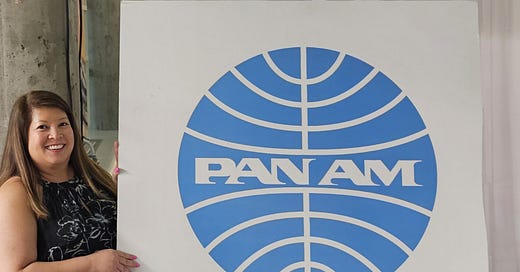


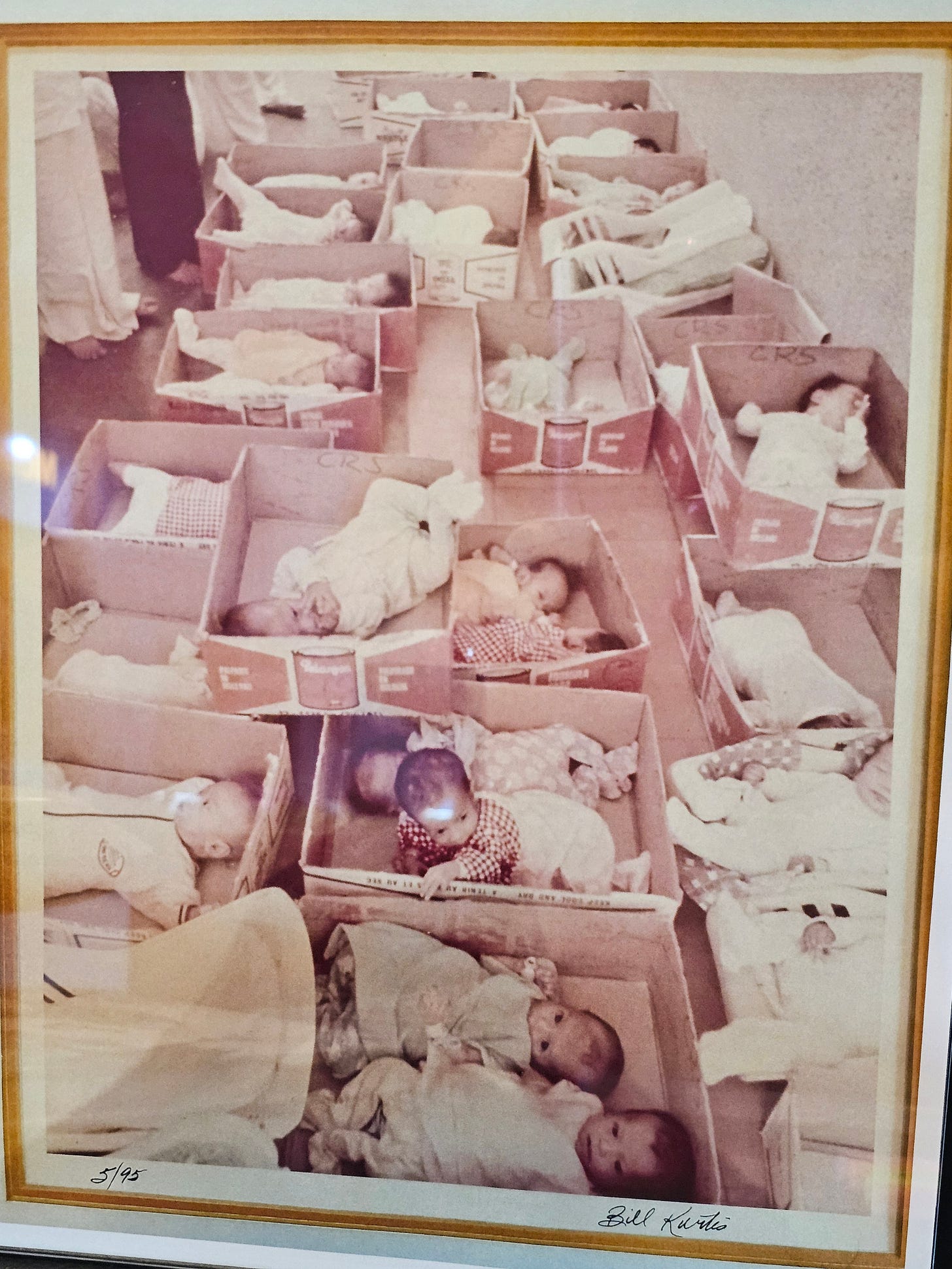
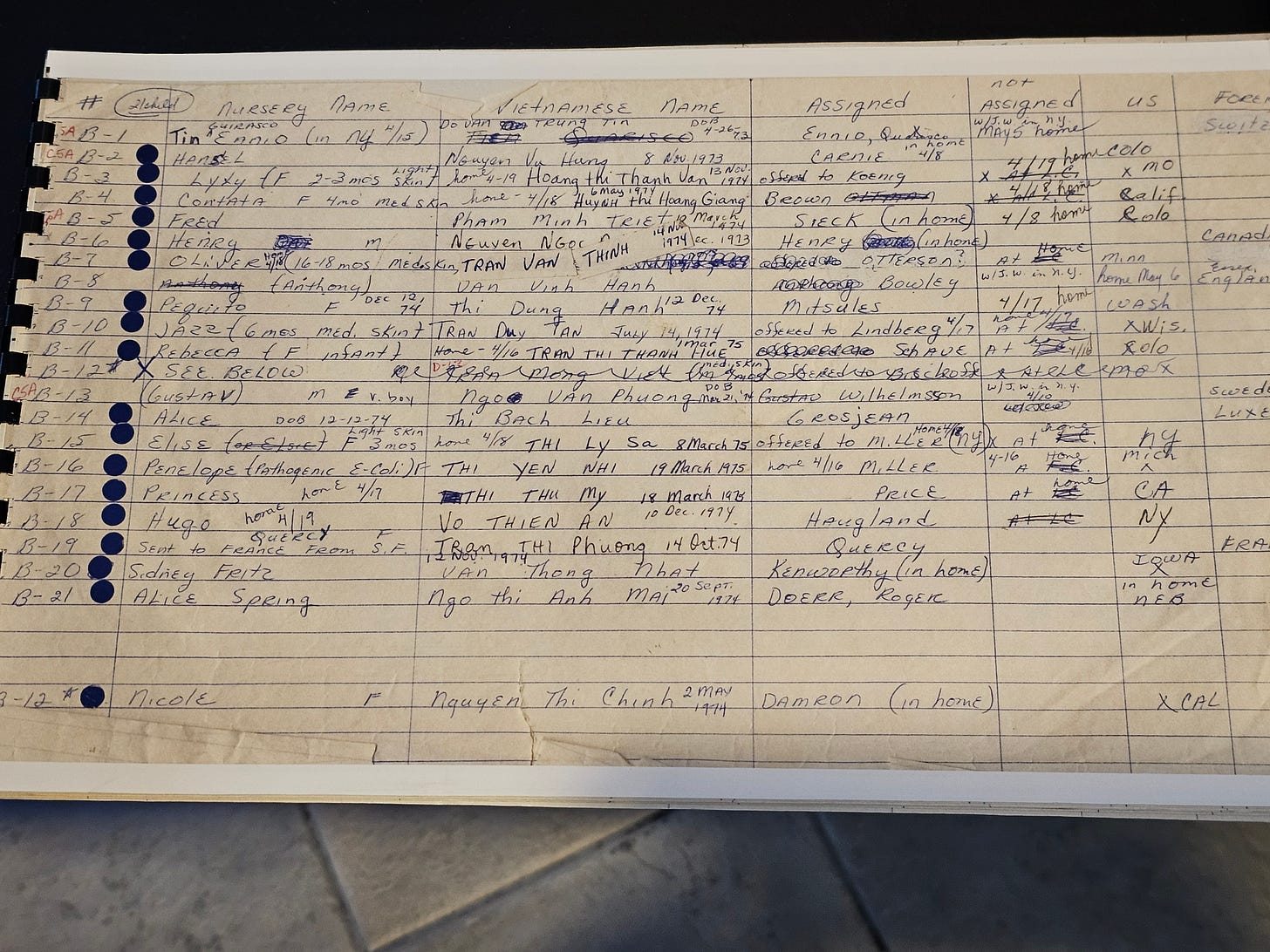
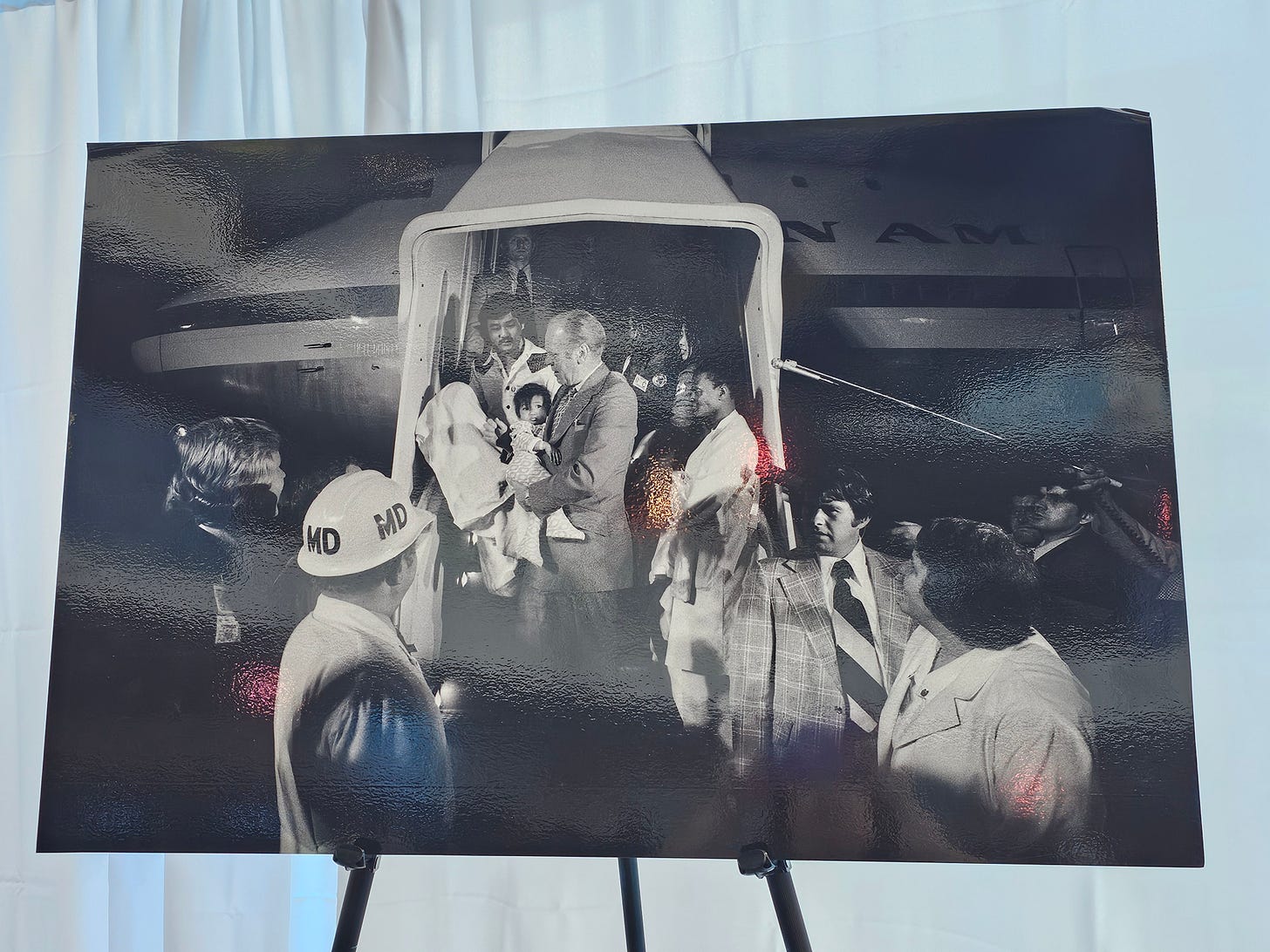
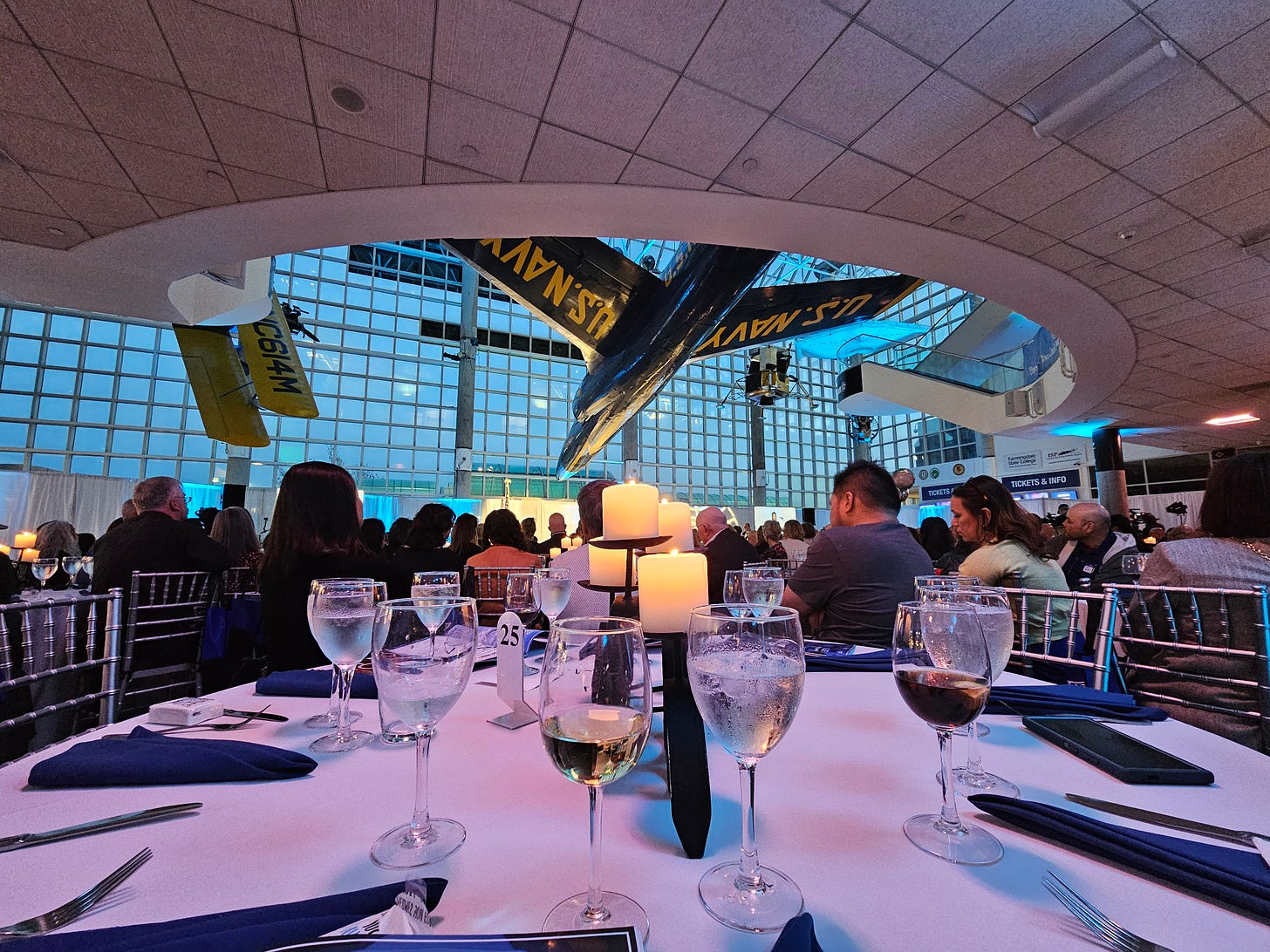
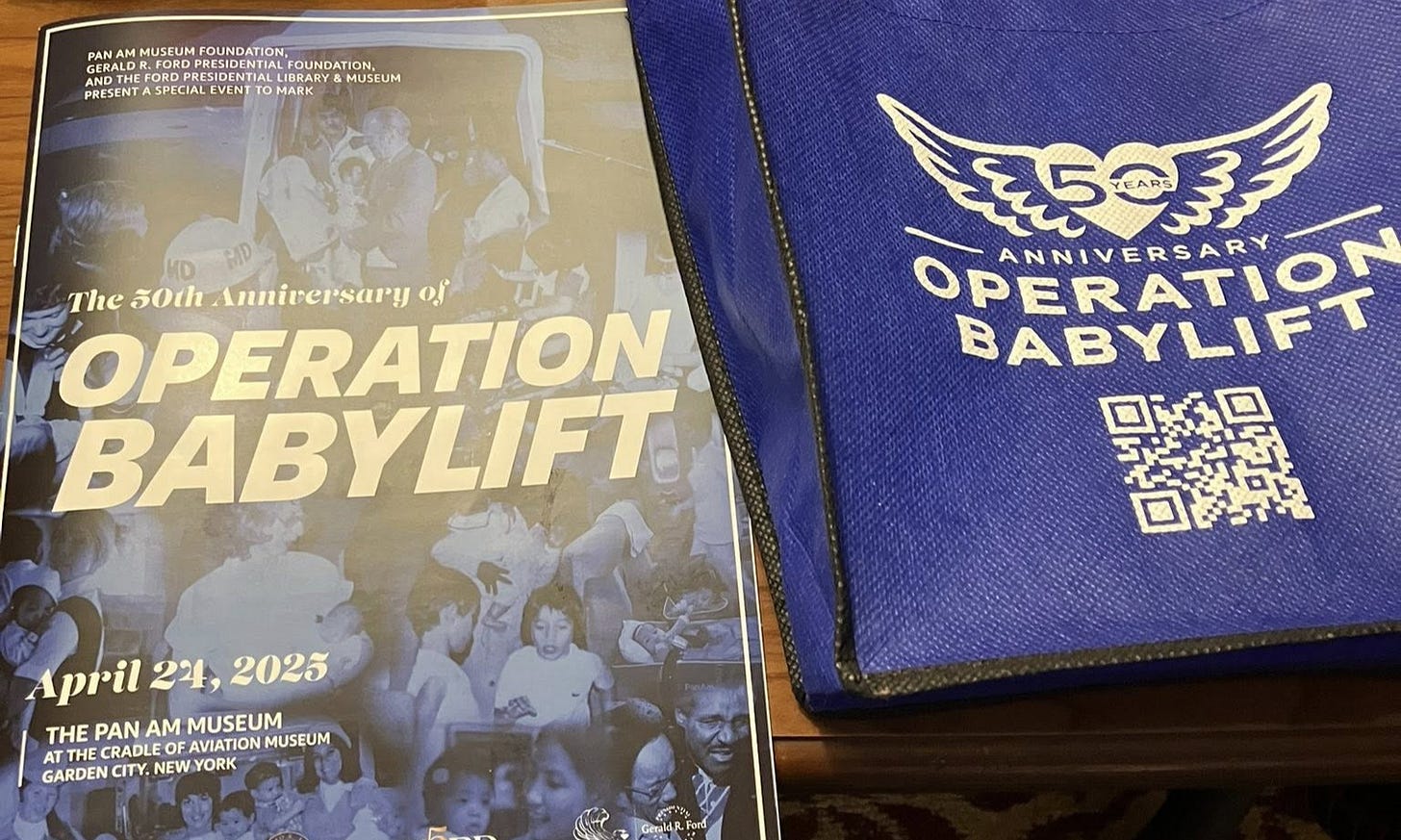
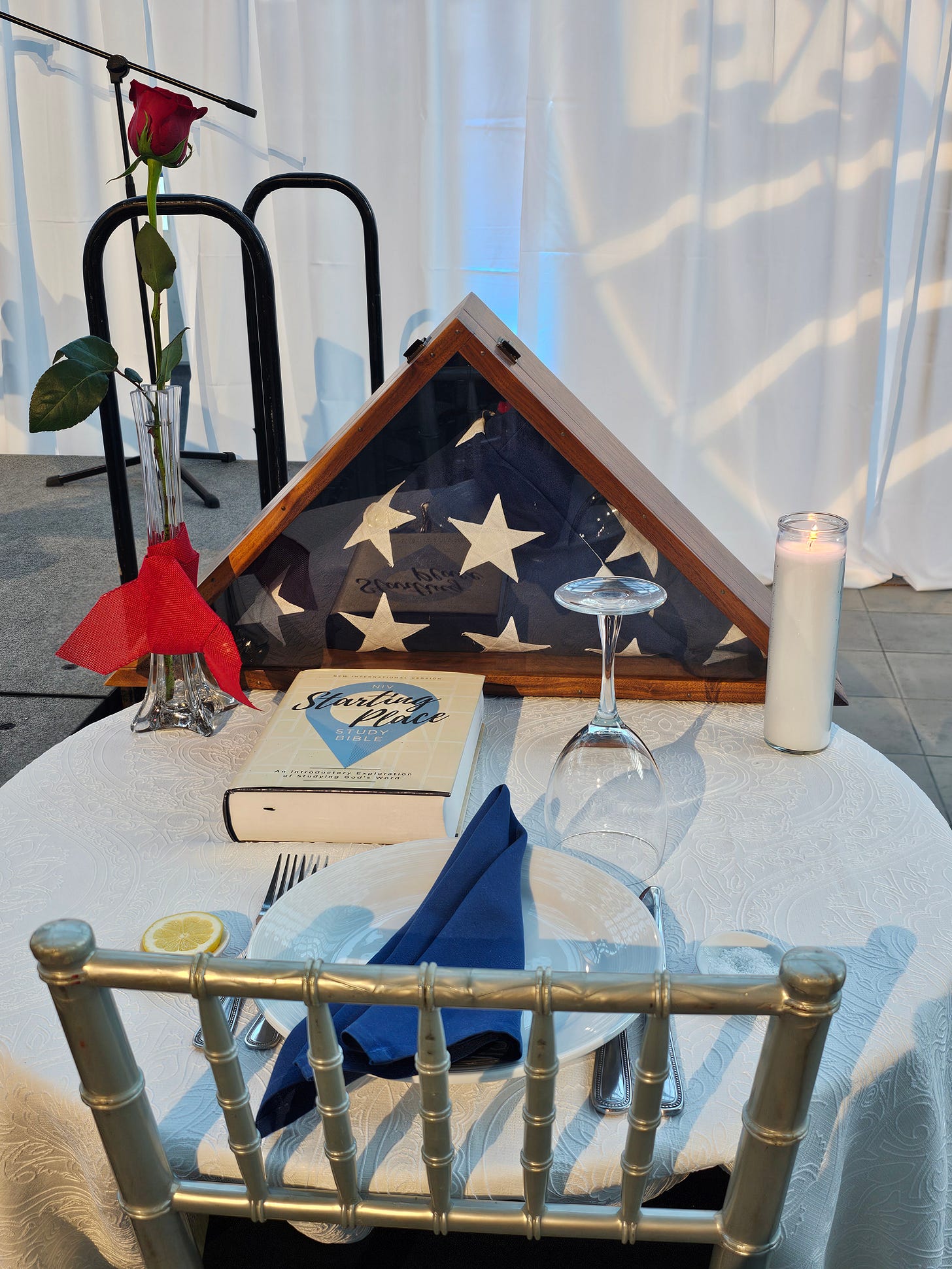


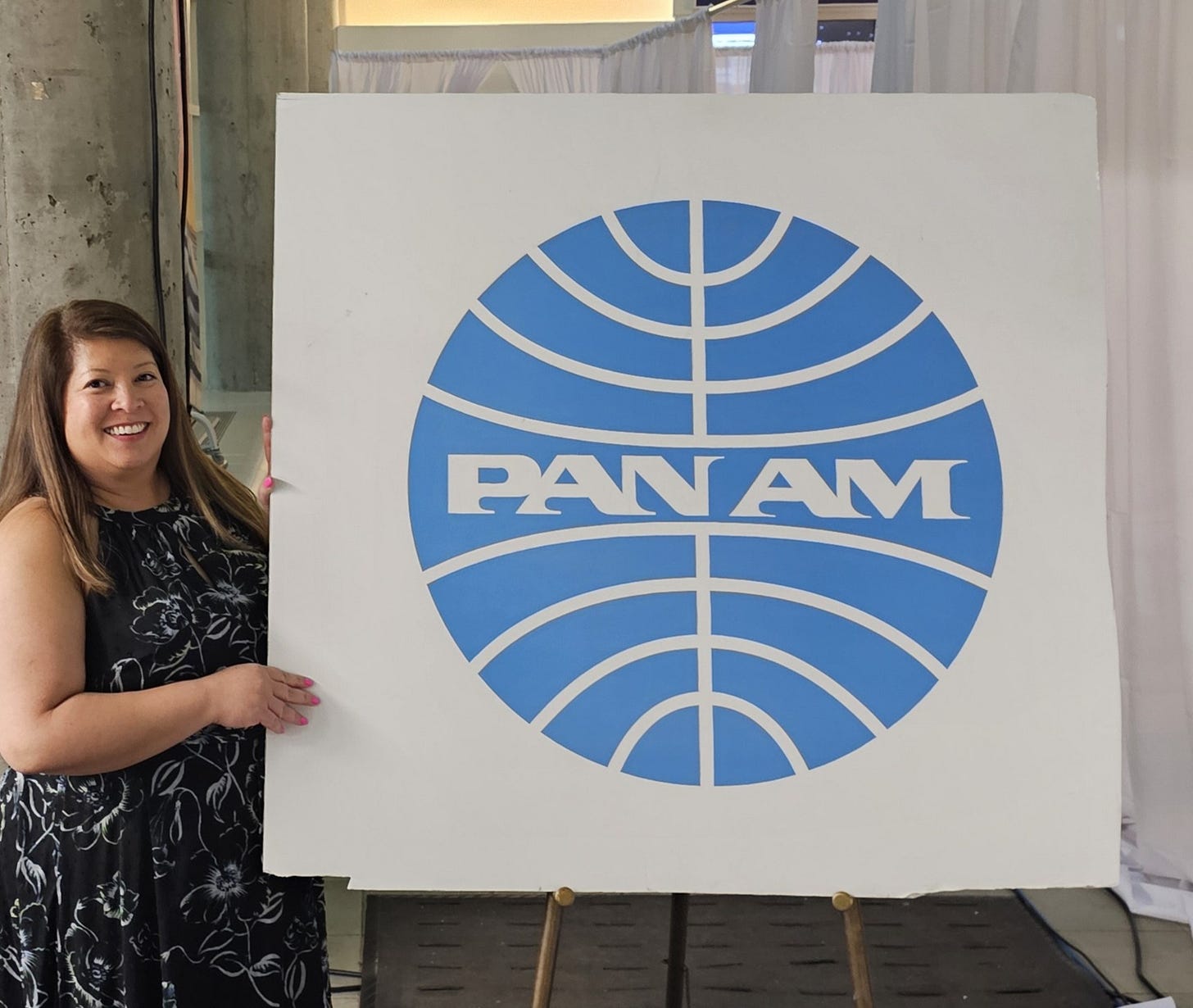
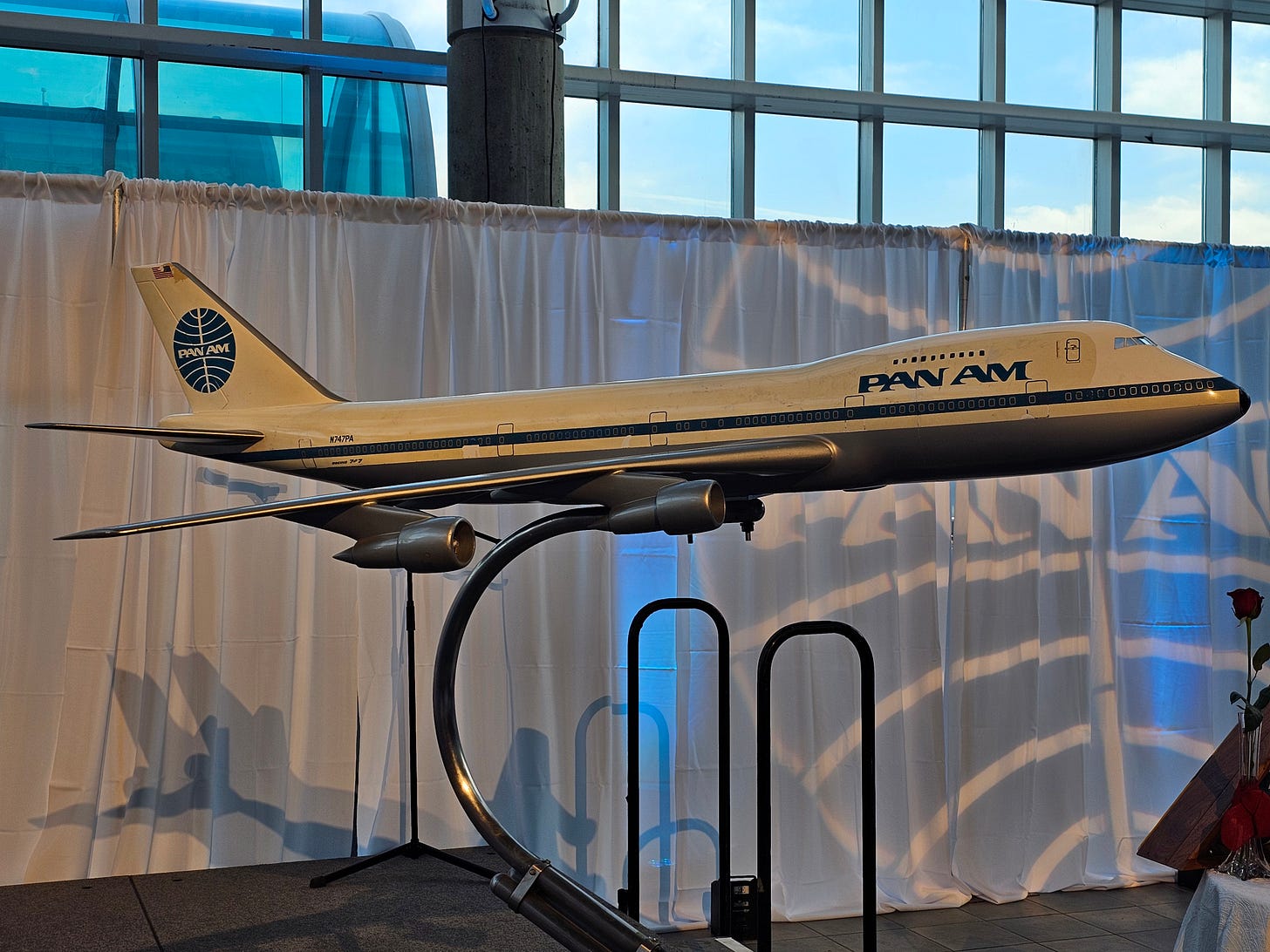
Thank you, Jane, for sharing your story. Iowa is a better place because of your adoption by a family in Iowa. Your stories make our state a much more rich place to live.
Thanks for your story, Jane. The resettlement in the U.S. of you and all other Vietnamese and Southeast Asians whose lives may have been endangered in your home countries, is one of the great episodes in American history.